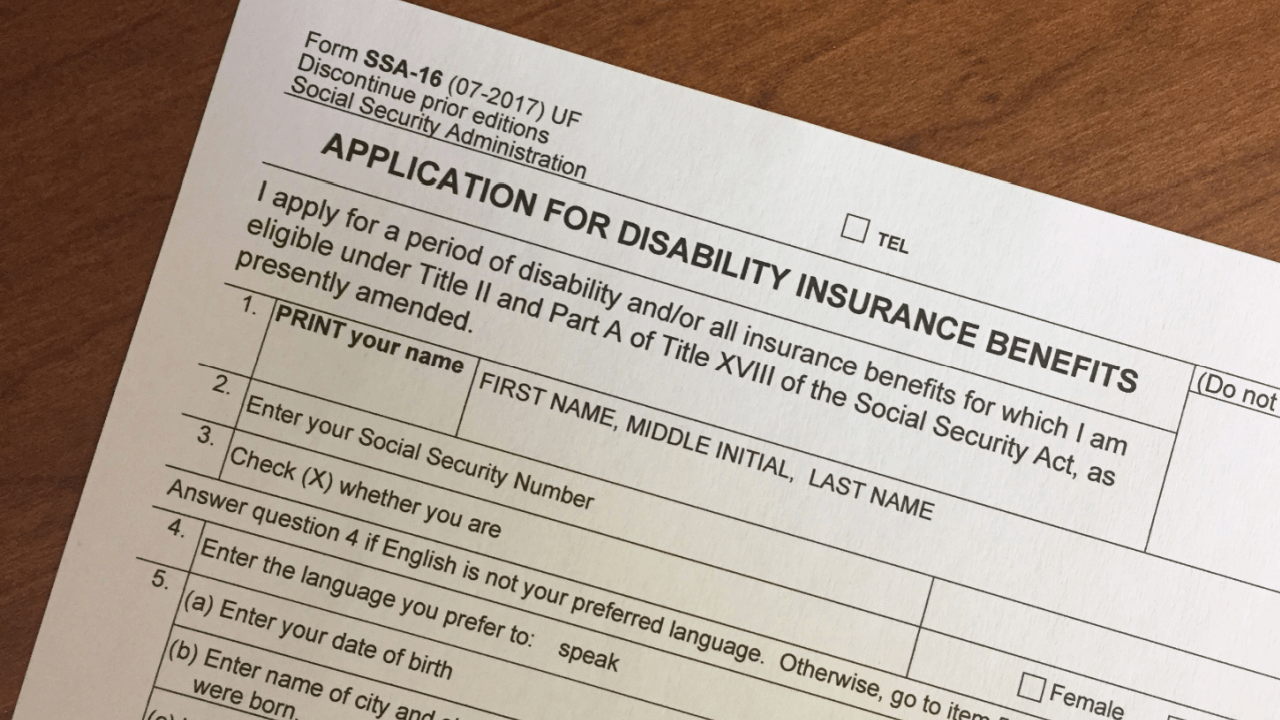
How Long Can a Person Stay on Social Security Disability? Your Guide
Duration Basics: How Long Can a Person Stay on Social Security Disability
How long can a person stay on social security disability depends primarily on whether their medical condition continues to meet Social Security Administration (SSA) disability criteria. Recipients can potentially receive benefits indefinitely as long as they remain medically disabled and unable to perform substantial gainful activity. The SSA conducts periodic reviews to ensure ongoing eligibility, but many people receive disability benefits for years or even decades.
Understanding the factors that influence benefit duration helps recipients plan for their financial future and maintain compliance with program requirements. Most people worry unnecessarily about benefit termination when proper medical documentation and program compliance typically ensure continued support.
Review Schedule: When SSA Evaluates Continuing Eligibility
The answer to how long can a person stay on social security disability often depends on continuing disability review (CDR) schedules that vary based on medical improvement likelihood. The Social Security Administration conducts these reviews every 3-7 years for most recipients, with more frequent reviews for conditions expected to improve and less frequent reviews for permanent conditions.
Medical improvement expected conditions receive reviews every 6-18 months, while medical improvement possible conditions face reviews every 3 years. Medical improvement not expected conditions undergo reviews every 5-7 years, providing greater benefit security for recipients with permanent disabilities.
Review Outcome Factors
How long can a person stay on social security disability through CDR reviews depends on medical evidence demonstrating continued disability severity. Recipients who maintain proper medical treatment and documentation typically continue receiving benefits without interruption.
Termination Triggers: What Can End Disability Benefits
How long can a person stay on social security disability can be affected by specific circumstances that trigger benefit termination beyond medical improvement. Return to substantial gainful activity, failure to comply with treatment recommendations, and failure to cooperate with CDR reviews can all result in benefit cessation.
The Department of Health and Human Services oversees medical standards that influence disability determinations, while the Internal Revenue Service handles tax implications of disability income. Understanding these agency roles helps recipients maintain compliance with all program requirements.
Common Benefit Termination Reasons
- Medical improvement allowing return to work
- Earnings above substantial gainful activity limits
- Failure to follow prescribed medical treatment without good reason
- Non-cooperation with continuing disability reviews or requests for information
- Conviction of certain crimes or incarceration for more than 30 days
Work Incentive Programs
How long can a person stay on social security disability while attempting to return to work? The SSA provides trial work periods, extended periods of eligibility, and expedited reinstatement that allow testing work capacity without immediately losing benefits.
Age Transitions: How Disability Benefits Change Over Time
How long can a person stay on social security disability often extends until retirement age when SSDI benefits automatically convert to Social Security retirement benefits at full retirement age. This transition maintains the same monthly payment amount while changing the benefit classification and eligibility criteria.
Recipients approaching retirement age face less frequent CDR reviews since the likelihood of returning to work decreases significantly. The SSA recognizes that older workers have diminished prospects for medical improvement and vocational rehabilitation success.
Age-Related Benefit Protections
- Reduced CDR frequency after age 55
- Grid rule considerations for vocational factors after age 50
- Automatic conversion to retirement benefits at full retirement age
- Medical vocational guidelines favoring disability findings for older recipients
Long-term Planning: Maximizing Disability Benefit Duration
How long can a person stay on social security disability depends significantly on maintaining proper medical care, documentation, and program compliance throughout the benefit period. Recipients who work closely with healthcare providers and follow treatment recommendations demonstrate ongoing disability severity that supports continued benefit approval.
Proper preparation for CDR reviews, understanding work incentive programs, and maintaining current contact information with the SSA help ensure uninterrupted benefit payments. Most recipients who remain genuinely disabled continue receiving benefits throughout their working years until retirement age conversion.
Get Expert Help: How Long Can a Person Stay on Social Security Disability Guidance
Don’t navigate the complex social security disability system alone when professional guidance can protect your benefits and financial security. Visit social security disability today to connect with experienced disability advocates who understand the application process and can help maximize your chances of approval. Your disability benefits are too important to risk – get the expert support you deserve.
Frequently Asked Questions
1. How long can a person stay on social security disability without medical reviews?
All disability recipients undergo periodic continuing disability reviews, but those with permanent conditions may have 5-7 years between reviews compared to 6-18 months for temporary conditions.
2. How long can a person stay on social security disability if they try to work?
Trial work periods allow testing work capacity for up to 9 months within a 60-month period without losing benefits, plus additional extended eligibility periods.
3. How long can a person stay on social security disability after reaching retirement age?
SSDI benefits automatically convert to retirement benefits at full retirement age, maintaining the same payment amount with different program rules.
4. How long can a person stay on social security disability with medical improvement?
Benefits continue until the SSA determines that medical improvement allows return to substantial gainful activity, which requires comprehensive medical evidence and legal standards.
5. How long can a person stay on social security disability without following treatment?
Failure to follow prescribed treatment without good reason can result in benefit termination, but recipients have appeal rights and opportunities to demonstrate compliance.
Key Takeaways
- Disability benefits can continue indefinitely as long as recipients remain medically disabled and unable to perform substantial gainful activity
- Continuing disability reviews occur every 3-7 years depending on medical improvement likelihood, with permanent conditions reviewed less frequently
- Benefits automatically convert to retirement benefits at full retirement age, maintaining the same payment amount under different program rules
- Work incentive programs allow testing employment capacity through trial work periods without immediately losing disability benefits
- Proper medical care, documentation, and program compliance significantly increase the likelihood of maintaining benefits throughout the disability period


